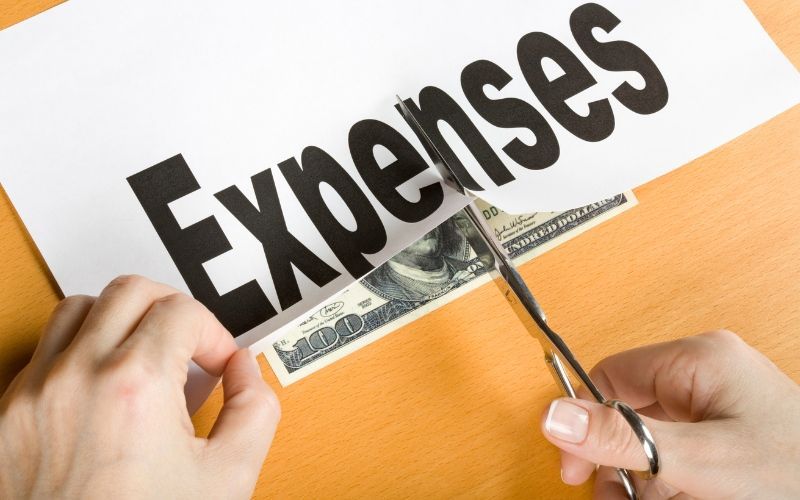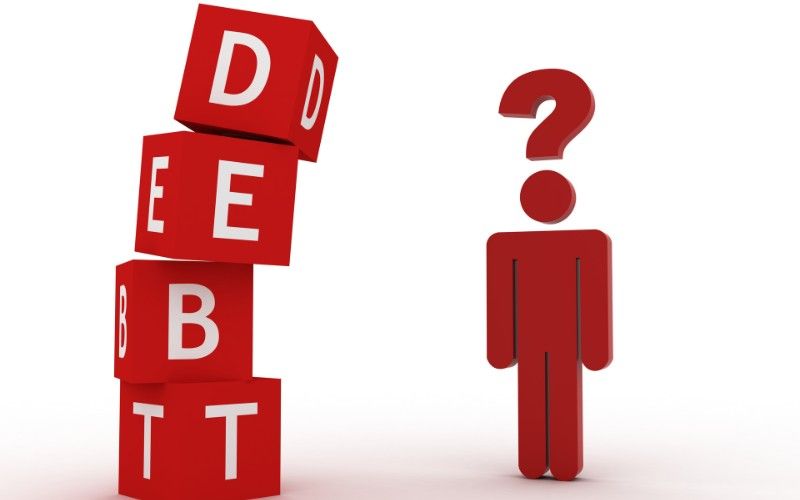Budgeting Tips
Budgeting Tools and Methods
Educational Resources / Budgeting Tips
Creating the Perfect Grocery Budget
Budgeting tools and methods are essential for effective financial management, helping individuals and businesses track and control their spending. Traditional methods include the envelope system, where cash is allocated to different spending categories, and spreadsheet budgeting, which offers a detailed and customizable approach.
Modern tools have evolved to include sophisticated software and apps that automatically track expenses, categorize spending, and provide real-time financial insights. Zero-based budgeting, where every dollar is assigned a specific purpose, and the 50/30/20 rule, which divides income into needs, wants, and savings, are popular budgeting strategies.
These tools and methods enable users to set financial goals, identify wasteful expenditures, and adjust spending habits. The choice of tool or method depends on personal preferences, financial goals, and the complexity of one's financial situation. read more
Budgeting and Frugality
Cut Your Budget to Increase Your Savings
Budgeting and frugality are complementary financial practices that help in managing and optimizing personal finances. Budgeting involves creating a plan for how to spend money, ensuring expenses do not exceed income, and setting aside funds for savings and investments.
It requires tracking income and expenses, setting financial goals, and adjusting spending habits accordingly. Frugality, on the other hand, focuses on minimizing expenses and making cost-effective choices. It's about finding value in purchases, avoiding unnecessary spending, and seeking ways to save money in everyday life.
Together, budgeting and frugality empower individuals to take control of their financial situation, reduce financial stress, and work towards long-term financial security and goals.
read more
Budgeting and Saving Strategies
Proven Strategies for Saving Money
Budgeting involves creating a detailed plan that outlines income and expenses, helping to track spending and identify areas where savings can be made. This process often includes setting specific financial goals, such as saving for retirement, an emergency fund, or major purchases.
Saving strategies complement budgeting by focusing on methods to accumulate wealth over time, such as setting aside a fixed percentage of income, utilizing high-interest savings accounts, or investing in stocks and bonds. Automation of savings, where a portion of income is directly transferred to a savings account, is a popular strategy to ensure consistent savings.
Together, budgeting and saving strategies empower individuals to take control of their financial health, reduce debt, and build a robust financial cushion for the future. read more
Frequently Asked Questions
*Disclaimer: Pacific Debt Relief explicitly states that it is not a credit repair organization, and its program does not aim to improve individuals' credit scores. The information provided here is intended solely for educational purposes, aiding consumers in making informed decisions regarding credit and debt matters. The content does not constitute legal or financial advice. Pacific Debt Relief strongly advises individuals to seek the counsel of qualified professionals before undertaking any legal or financial actions.

























 Do Not Sell My Personal Information
Do Not Sell My Personal Information